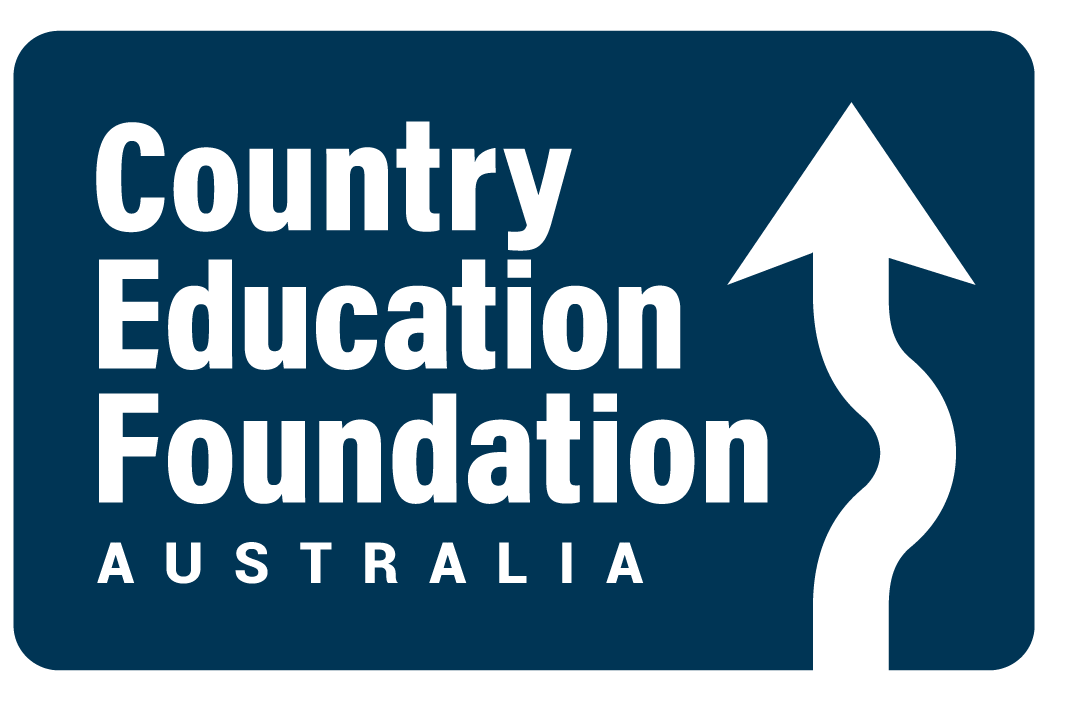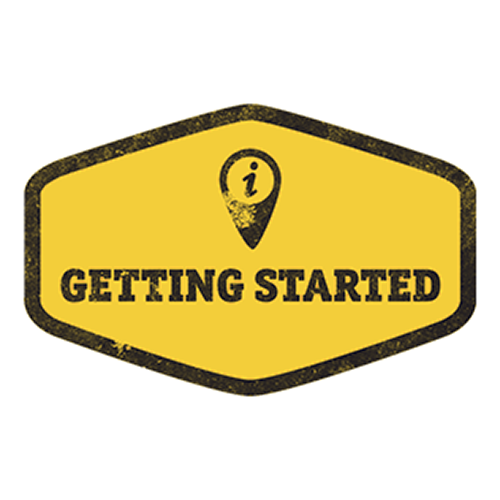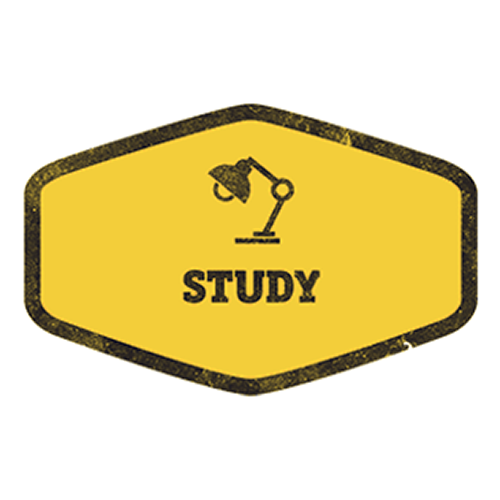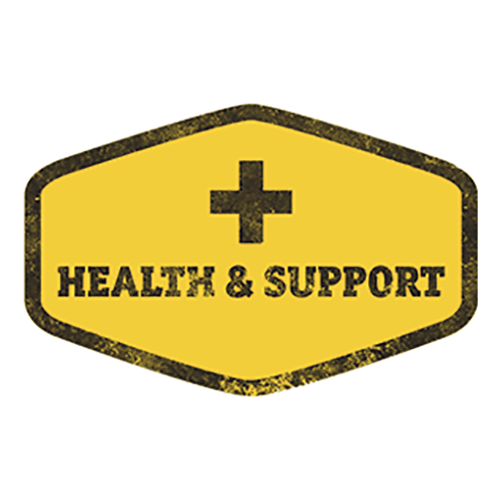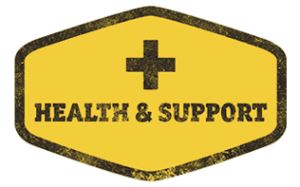Like the community at large, university students are a diverse population. Universities are committed to providing access to education for everyone through a range of support services, including assistance for students from rural, regional and isolated areas, access support for students with disabilities, Indigenous student support centres, assistance for students from nonEnglish speaking backgrounds and programs for women studying in areas traditionally dominated by males.
Universities provide a range of on-site health and support services and will also provide you with information on local services that offer support for your specific needs. A lot of these services are free for students
If you have a health or emotional concern or question, seek support from your family and friends and your uni’s student services centre. Your physical and emotional health is important and will have a big impact on your ability to enjoy and make the most of uni life.
